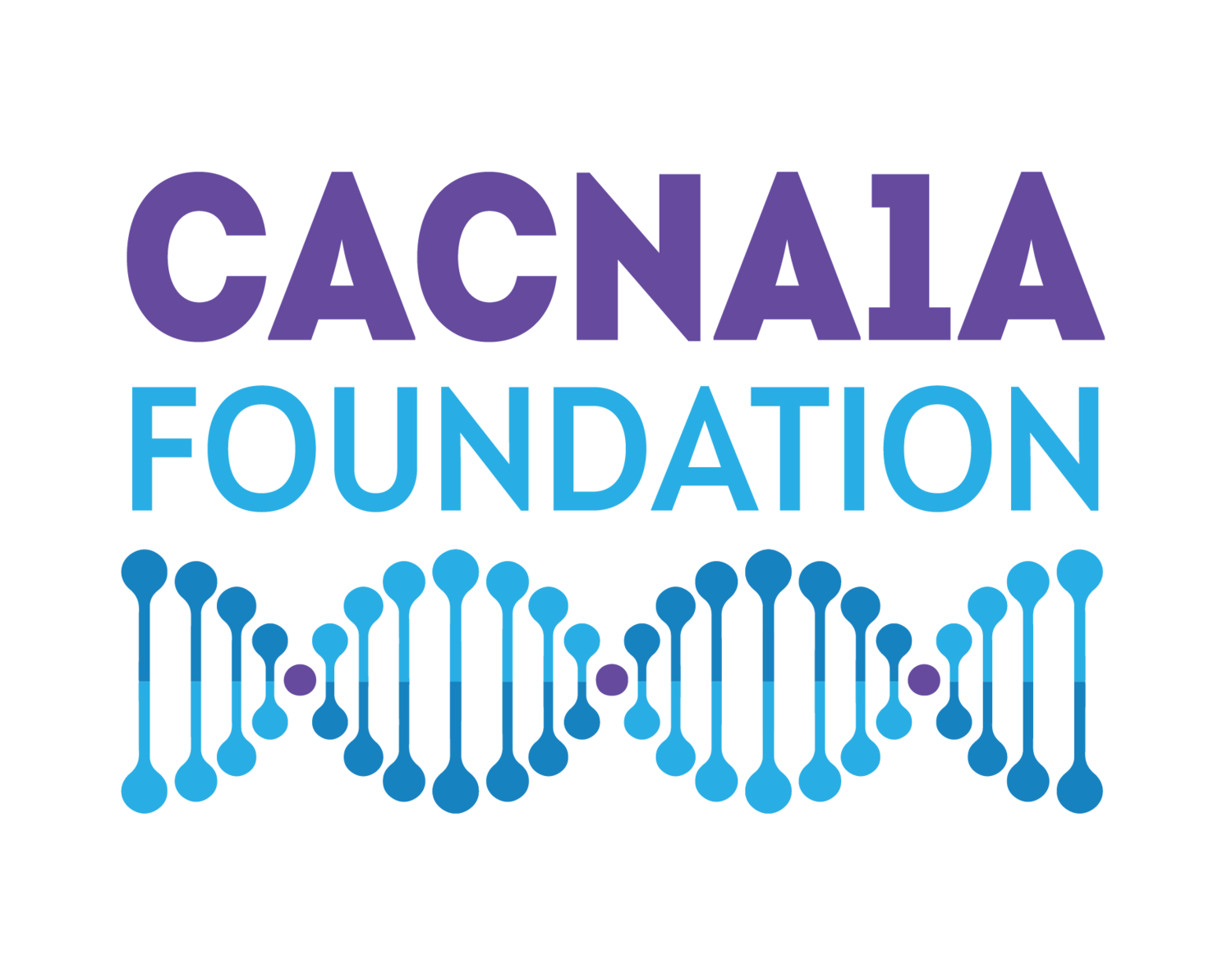Elucidating the cellular deficits underlying the missense variants of CACNA1A identified in patients
$50,000 Grant | Awarded December 2024
Jen Pan, Ph.D. | Principal Investigator; Director, Translational Neurobiology; Institute Scientist at the BROAD Institute of MIT and Harvard
Abstract: The objective of this project is to functionally characterize a set of novel CACNA1A missense variants found in patients with neurodevelopmental disorders. This proposal aims to obtain the electrophysiological and biochemical profiles for a large set of human CACNA1A variants using a consistent analytical and experimental approach. By doing so, we aim to build a functional map at the molecular level to predict the function of novel amino acid changes. Furthermore, this proposal aims to categorize the major cellular deficits of the Loss of Function (LOF) variants, laying the cellular foundation for therapeutic approaches to normalize the deficits of these LOF variants.
Lay Summary: This project will characterize a set of new CACNA1A patient missense variants based on how they impact calcium channel activity. This stratification using the functional properties of variants will help us build models to better predict potential consequences based on genotype, alone. This project will also identify the specific molecular mechanisms behind the pathogenicity of variants, specifically those that are loss-of-function, as they are less well studied. Understanding these disease mechanisms will help pave a path toward developing specific treatments for CACNA1A-related disorders.
Dr. Pan has more than 15 years of experience investigating the function, molecular genetics and pharmacology of ion channels. As the Director for Translational Neurobiology at Stanley Center, Dr. Pan aspires to translate the understanding of the genetics and biology of psychiatric and neurological illnesses to novel therapeutics for severe mental illnesses. The research of her group focuses on translating emerging genetics into biology and to enable next-generation therapeutics to treat psychiatric illnesses. In the past few years, Pan has been working on genes whose dysfunction has been implicated for psychiatric illnesses using molecular, cellular, and electrophysiological approaches, both in vitro and in animals. Her group has expertise in the physiology of ion channels, part of the large protein family critical to neurons firing and muscles moving. She leads the ICE-T (ion channel electrophysiology and technology) effort enabled by Broadnext10 initiative to utilize state-of-art technologies for studying ion channels and electrogenic transporters, and to find novel ways to modulate these highly specialized membrane proteins.
